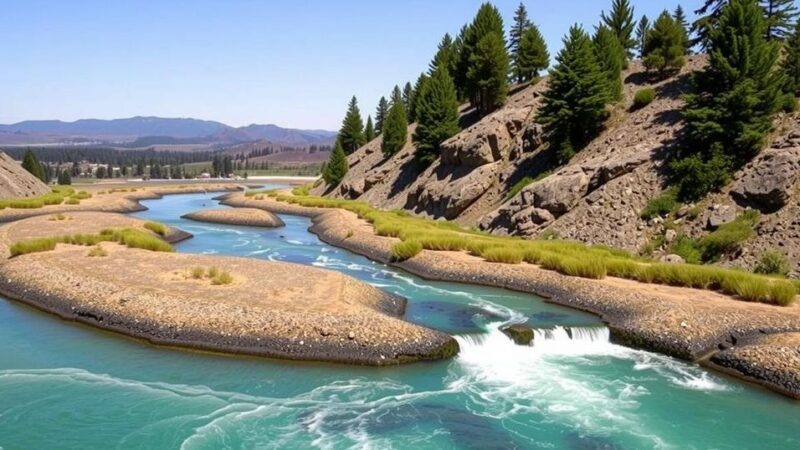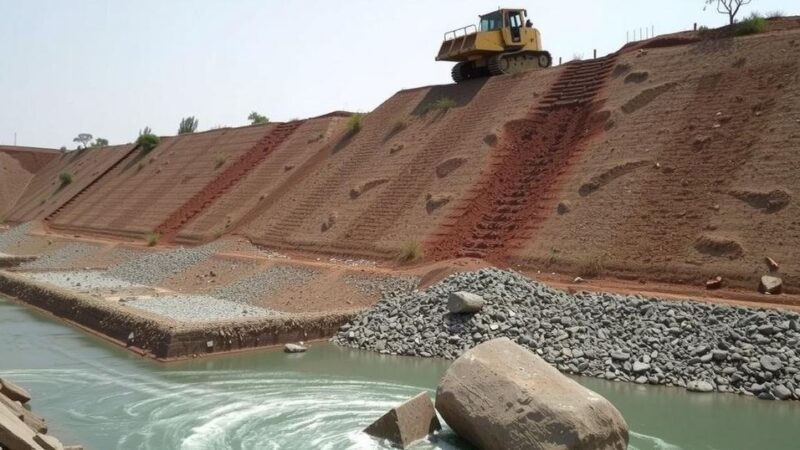On October 2, Angola and the Democratic Republic of the Congo signed new agreements for the co-development of Offshore Block 14, enhancing their collaboration in oil production and finance. The agreements were signed at the Angola Oil & Gas 2024 conference by key ministers from both countries, aiming to maximize production capacity and boost socioeconomic development.
On October 2, during the inaugural session of the Angola Oil & Gas (AOG) 2024 conference in Luanda, Angola’s Ministry of Mineral Resources, Oil and Gas, and the Ministry of Hydrocarbons of the Democratic Republic of the Congo (DRC) formalized a new agreement pertaining to the co-development of Offshore Block 14. The agreement was signed by Minister of Mineral Resources, Oil and Gas, Diamantino Azevedo, representing Angola, and the DRC’s Minister of Hydrocarbons, Aimé Sakombi Molendo. Block 14, situated along the maritime boundary between Angola and the DRC, possesses a significant production capacity, estimated at 3.29 million barrels per year. This deepwater block is managed by the local subsidiary of Chevron, the Cabinda Gulf Oil Company, in collaboration with several partners, including Eni, etu energias, and Angola’s national oil firm, Sonangol. Minister Azevedo emphasized the importance of this agreement, stating, “These agreements cover the conditions for all activities for the common zone.” He expressed optimism about the collaborative efforts between both nations, noting Angola’s experience in similar projects will aid in actualizing the shared aspirations of Angola and the DRC. Additionally, a second agreement was established between the finance ministries of Angola and the DRC, aimed at enhancing cooperation in commerce, investment, and business. This partnership was formalized by Angola’s Minister of Finance, Vera Esperança dos Santos Daves de Sousa, and Congolese Minister of Finance, Nicolas Kazadi, marking a step toward fostering innovation, improving financial standards, and promoting socioeconomic growth in both countries.
The collaboration between Angola and the Democratic Republic of the Congo in the oil sector reflects a growing trend of cooperation in resource management among African nations. Offshore Block 14 is strategically positioned at the maritime border of the two countries, presenting opportunities for enhanced production and mutual economic benefits. The agreement is significant as it not only aims to improve oil production but also strengthens bilateral relations through joint ventures in finance, commerce, and socioeconomic development. Such initiatives can pave the way for a more integrated economic future, especially in regions rich in natural resources, which are often underutilized due to political and operational challenges.
The new agreements established between Angola and the DRC represent a pivotal advancement in their bilateral relations, particularly in the realm of resource management and economic development. The co-development of Offshore Block 14 is expected to leverage Angola’s existing expertise in the oil sector, while the partnership between their finance ministries looks to enhance trade and investment opportunities. By fostering such collaborative frameworks, both nations are poised to benefit significantly from their shared resources, contributing to regional stability and economic growth.
Original Source: www.africa.com






